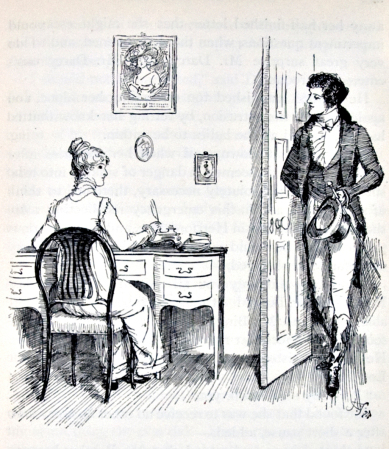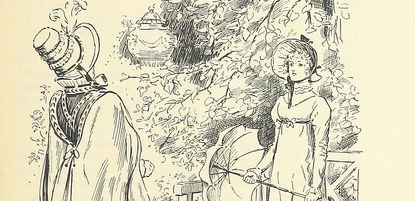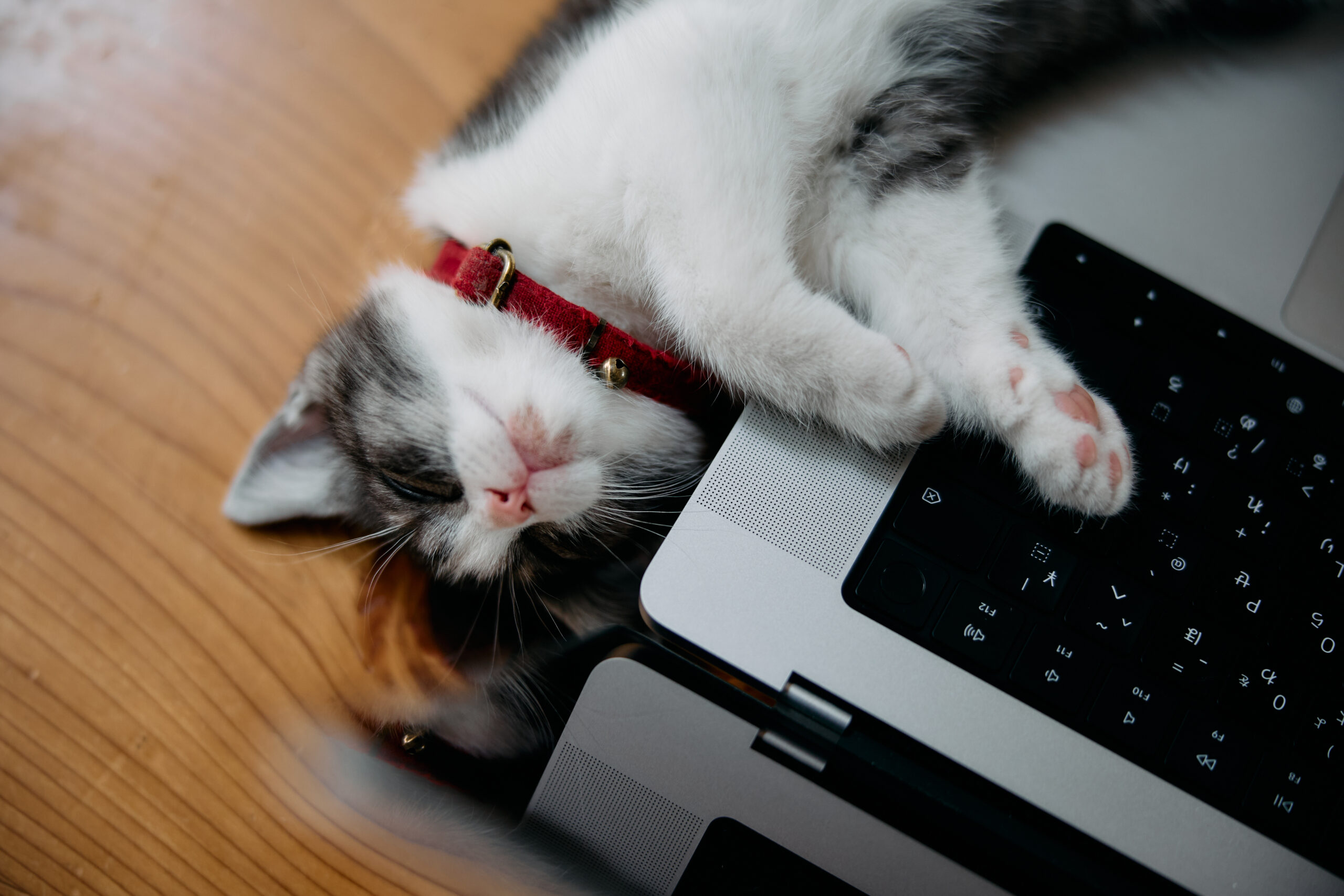
Josie Lynn’s Blog
-

Declaration of Independence
Why I decided to publish my books myself. My journey from pen and ink to the printed page.
-

The Blue Castle: Lily’s Book Review
Lily, my literary kitty, reviews a favorite book that we have in common.
-

Japanese Peas Don’t Grow?
“Excuse me while I kiss this guy.” “Japanese peas don’t grow?” Did I hear that correctly?
-

The Sum of Its Parts
Let’s recap the six tips we’ve learned Jane Austen about how to ace our next job interview.
-

A Writer Writes…Always
Why do you write? I write because I am a writer. But there’s more to the story.
-

Lily’s Favorite Books
Lily, the literary kitty is at it again with a list of her favorite books. Is she reading or planning her next meal?
-

You Can Never Be Too Thankful…Just Ask Mr. Collins
Tip 6: Send a thank you note. Call on your inner Mr. Collins and let them know how thankful you are.
-

Tell Me About Yourself, Lady Catherine
Tip 5: From Lady Catherine de Bourgh. How to answer that question, “Tell me about yourself” without oversharing.


